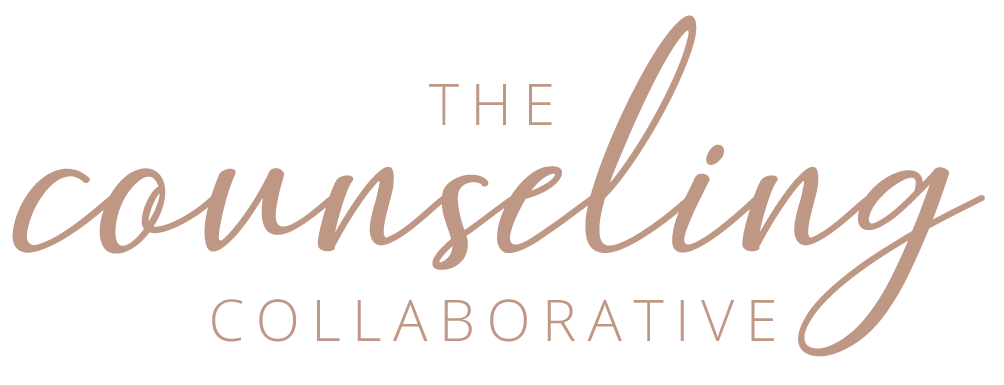When the Holidays Get Complicated: Navigating Family After Divorce Later in Life
The holidays have a way of turning up the volume on everything: joy, nostalgia, love... and, let’s
be honest, the emotional whiplash of family dynamics. For those whose parents separated later
in life, this season can stir a mix of grief and guilt that often goes unacknowledged. And yet, that
pain is real and deserving of care.
The Unspoken Grief of the “Adult Child”
When parents divorce later in life, it can feel like a sudden disruption. Relationships you thought
were stable shift, family traditions are upended, and you may feel a strange sense of
responsibility for managing the fallout. You might mourn the holidays you thought would always
exist, or the family dynamic that once felt steady and safe.
And yet, because you’re an adult, people assume you’re fine. You’re “old enough to handle it.”
But the truth is, it’s still loss. It’s still confusing. It still hurts sometimes. And if you’re feeling
tense, tired, or uncertain, chances are others in your family are too… they just might not know
how to say it.
When “Home” Doesn’t Exist the Way It Used To
For many, this kind of change can feel like the rug was pulled out from under you. The house
you returned to every Christmas might no longer feel like neutral ground, or may cease to exist
at all.
Maybe you drive by your childhood home and feel a pang in your chest. Maybe you’re sitting in
a different living room, at a different table, realizing that the smell of your mom’s pumpkin pie
or your dad’s belly laugh is missing. Even when you understand why things changed, your body
still registers the loss because it wasn’t just a house. It was a container for safety, familiarity,
and connection.
This shift can leave you wondering where you “fit” now, or which parent’s home feels most like
home. You might even dread the question, “What are your plans for the holidays?” because the
answer isn’t simple anymore.
It’s okay if this new reality feels hard to accept. It’s okay if you long for the version of family that
existed before. Missing what was doesn’t mean you’re resisting growth—it means you’re
human. Your feelings are valid, and honoring them is part of finding your footing in a new
definition of home.
The Invisible Weight of “Fairness”
One of the hardest shifts for adult children of late divorce is realizing you don’t have to be the
glue. Let me say this-
You’re allowed to step out of the middle.
You’re allowed to set boundaries.
You’re allowed to redefine what “family” looks like for the holidays.
That doesn’t mean you don’t love your parents—it means you’re choosing not to carry the
emotional weight entirely on your own.
It’s Your Parents’ First Time in This Lifetime, Too
Divorce carries its own layers of grief, shame, and loneliness. Parents may wrestle with guilt
over the impact their separation has on their children, or feel uncertain about how to approach
family traditions and holidays in this new dynamic.
At the same time, they might experience relief from conflict, mixed with a longing for
connection and the familiar rhythms of the family they once knew. Balancing their own needs
with those of their children can be confusing; they want to be present and supportive without
overstepping.
These emotions- complex, sometimes contradictory, and often unspoken, deserve
acknowledgment. Healing isn’t reserved for one generation alone; it ripples through everyone
affected. Recognizing parents’ grief alongside that of their adult children can open the door to
empathy, understanding, and meaningful connection during the holidays and beyond.
A Thought to Take With You
Whether your parents divorced when you were five or forty-five, it’s okay to feel off-balance. It’s
okay to grieve what’s lost while still creating what’s possible. Healing doesn’t mean pretending
everything is fine. It means honoring your experience and moving forward with intention and
care.
So this year, if the holidays feel different, remember: it’s not because you’re doing them
wrong, it’s because life changed. And you’re learning, with grace and imperfection, how to
belong in that change.
That’s not weakness. That’s growth.

